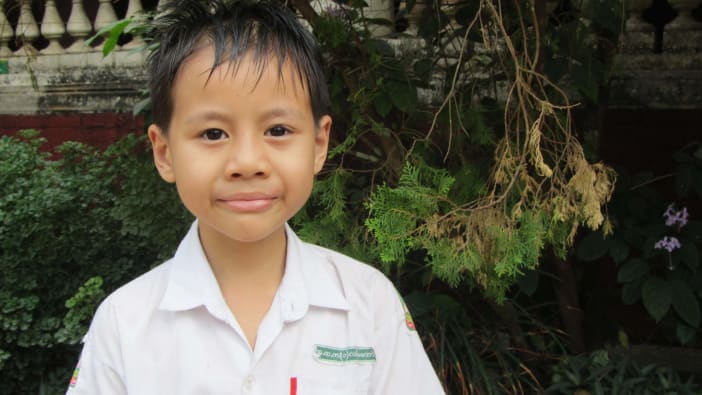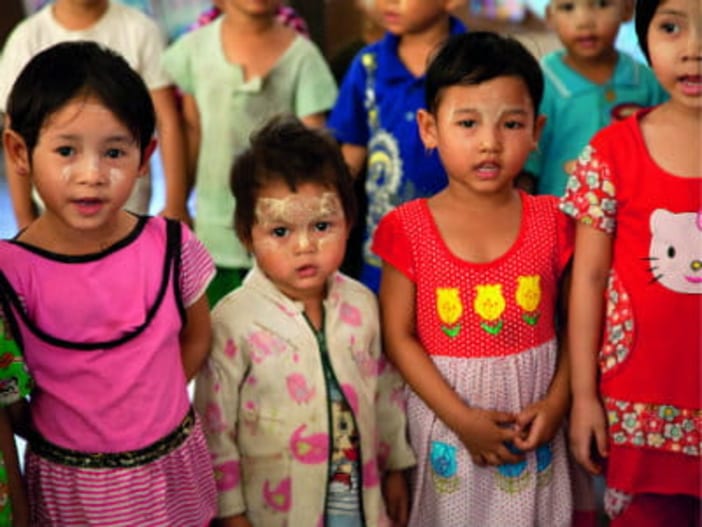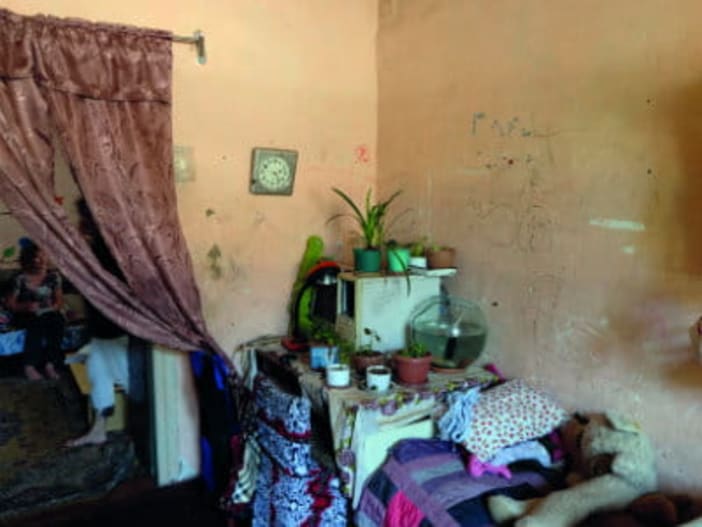Three case studies
1 The Rendille, North Kenya
Bible Translation and Literacy is a group working with Bible translation, literacy and analysing languages so they can be put into written form. They work with isolated language groups who often have little ability to communicate with the outside world, with all the isolation, lack of resources and difficulties that may result. The group believes that literacy, adult education and community development can strengthen these communities so that they can resolve their own problems.
The Rendille are a nomadic group of about 30,000. Work began in 1981, but soon afterwards a severe drought meant that efforts were put instead into helping with famine relief and restocking animals for a year or two.
In 1985 the literacy activities restarted. Cassette recordings of folk tales, songs, camel husbandry, Bible stories and community based health care were used at first to introduce the value of recording and sharing information. Elders stated their priorities - each cassette should contain first animal health, followed by human health and then anything else of interest. Each manyatta (community) now has its own cassette player with many recordings of the voices of respected elders in their own community.
A Literacy Training Centre was built at Korr. The elders were invited to choose respected community members to receive training. 26 men and women were trained - first to become literate and then to teach others how to read. Teaching an illiterate person to teach others to read and write proves that literacy is for all. These trainers then returned to their communities to teach others.
The programme is succeeding because of the respect and sensitivity to the Rendille culture, appropriate teaching materials and the high degree of motivation among the leaders, trainees, church workers and the wider community. Careful programme planning and evaluation has been very important. The programme has now expanded to include animal health training, health care, restocking, water and craft-work. A real success story!
Micah Amukobole, Bible Translation & Literacy, PO Box 44456, Nairobi, Kenya
2 Sumucaj, Peru
This is a Peruvian group which began working with women in 1989 in the mountainous area around Cajamarca. The leaders are increasingly aware of the need to combine literacy and education with training in crafts, to enable women to provide for their families.
They teach various skills - sewing (often making use of old clothes), knitting, embroidery, improved nutrition and health. Until craft products can be standardised - using the same sizing and pattern - they cannot be produced in quantity and marketed. Literacy is therefore very important so that women can read and follow patterns and develop skills in marketing. The teachers travel from village to village with a blackboard, holding classes in basic literacy and teaching craft skills. They encourage the women in their work and faith.
By concentrating on literacy, SUMUCAJ is able to make a difference to the lives of many rural women. Not only could sales opportunities open up, but the women will have access to a whole range of public information previously denied them through illiteracy - not least the Bible.
Ingrid Hanson
Tear Fund
3 Nehru place slums, India
Some years ago, David Selveraj became friendly with two street lads in Delhi, who would guard his motorbike while he worked. He began to build up a close friendship with these boys and some of their friends. They began meeting in a tea shop each week. If they were ill or in trouble, his genuine Christian concern for them meant he would follow them up, sometimes visiting their homes in the nearby slum. They formed a youth group of 15 members - Youth for Action. One of their first activities was to conduct a survey of the slums - gathering information and finding out people’s priorities. 3,200 families were surveyed. Their main priorities were found to be education and employment. Health was not seen as a priority, though immunisation was considered important.
On completion of the survey they decided to begin literacy and education programmes, supported by EFICOR. Two crches were started to release older children who often had to stay at home to look after younger children. All ages are catered for - younger children are helped so they are able to catch up and begin school. There are two classes for older boys. Women are visited and taught in their homes. As David’s friendships with slum families grew, he took the radical step of moving into the slum. His house and two others (all with two small rooms) are rented. All the classes, the crêches and a small clinic are held in these cramped conditions. David and some of the original members of the youth group now do most of the literacy teaching.
A revolving loan fund was set up to help people establish small businesses. So far all the loans (usually very small) have been repaid. Paper bags, bicycle repair, rubbish recycling, fruit stalls, street food vendors - these are examples of the kind of successful projects people have begun.
This story is an example of how small beginnings can have far reaching results...









